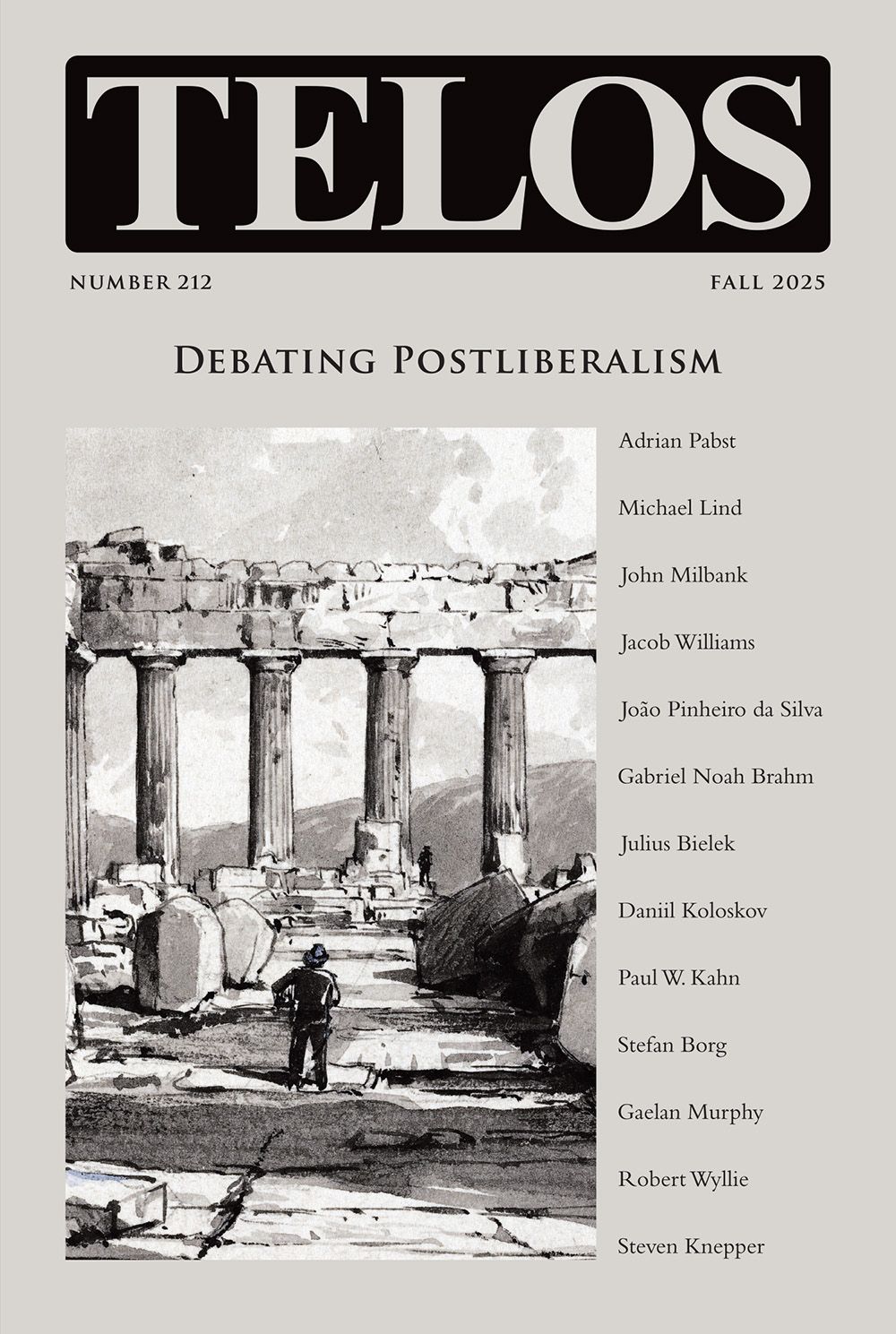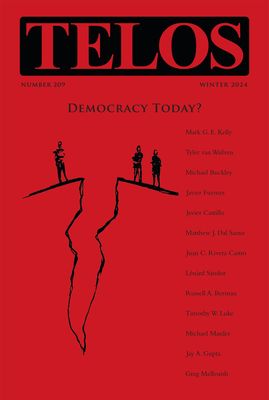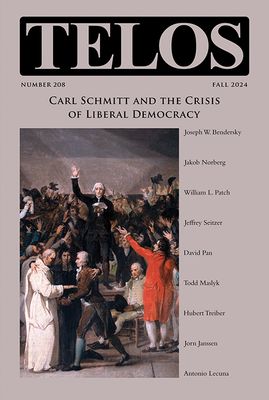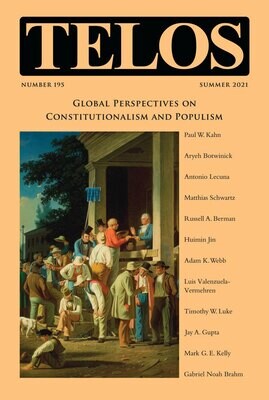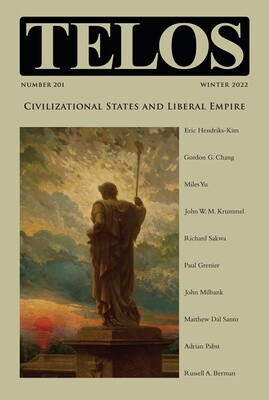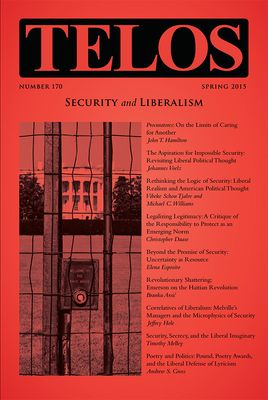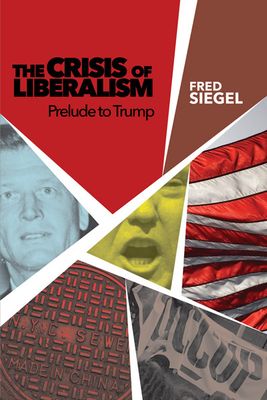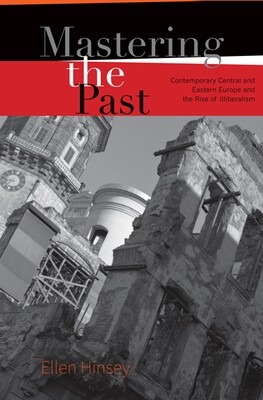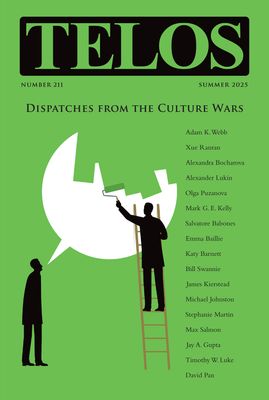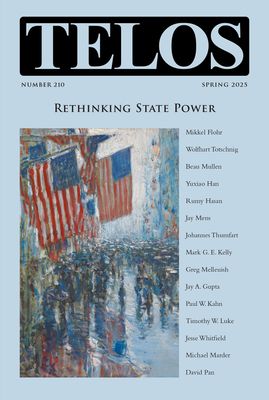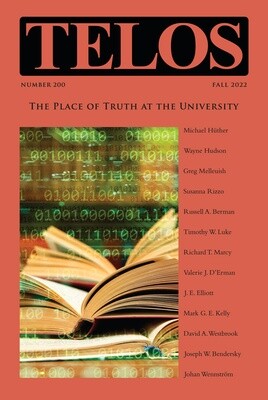Telos 212 (Fall 2025): Debating Postliberalism
Debating Postliberalism
The late twentieth century was the age of triumphant liberalism. With the end of the Cold War, capitalism became the uncontested model, as Western countries increasingly abandoned a more embedded social market economy in favor of the global market-state while emerging market economies embraced the state-market. Some political and policy differences notwithstanding, the mainstream left and right took a progressive turn and pursued untrammeled markets, hyper-individualism, and foreign military adventures. But the triumph of liberalism was brief. Across the West, populists on the far left and on the radical right have challenged the political status quo defended by center-left and center-right parties. Brexit and the first Trump victory marked the moment the old establishment lost in two major Western countries. Yet once in power, right populists have deployed similar methods of demonizing their opponents and counter-canceling ideas and voices, revealing an illiberal and increasingly antiliberal turn among both left-wing progressives and right-wing populists. In this issue of Telos, we explore the limitations of liberalism, the rise of antiliberal forces, and the emergence of postliberal alternatives through a number of essays and book reviews.
Introduction
Adrian Pabst
After Liberalism
Michael Lind
The Politics of Virtue
John Milbank
The New Era: What Comes After the Self-Erosion of Liberalism
Adrian Pabst
Postliberalism: A Genealogy
Jacob Williams and João Pinheiro da Silva
Losing Streeck: Echoes of Left Anti-Imperialism in Postliberal Discourse
Gabriel Noah Brahm and Julius Bielek
Conservative Revolution Today: Postliberalism and Common Good
Daniil Koloskov
Notes and Commentary
What Is the Point of Theory?
Paul W. Kahn
Reviews
Postliberalism and the Realization of the Common Good
Stefan Borg
Reasonableness and the Idea of the Good in a Time of Crisis
Gaelan Murphy
Byung-Chul Han’s Political Turn
Robert Wyllie and Steven Knepper
After the Open Society
Gabriel Noah Brahm
